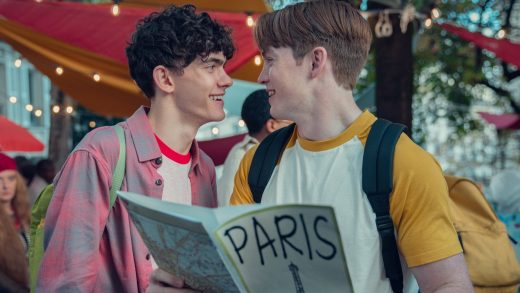When I reckon up my exes, it’s not the boys I dated who I count—it’s the girls I didn’t. The ones I couldn’t admit to wanting. Being out and bisexual in the toxic ‘80s wasn’t an option for me, not in our small-town high school where the king of the jocks wrote AIDS KILLS F*GS DEAD on the chalkboards and never even got detention. Someone erased his hate and life went on.
My first relationship was a secret love affair with my seventh-grade best friend, cloaked in shame and manipulation. We never uttered the word “lesbian” or talked about our identity. After my parents found out and forbade me to see her, I shut down my desire and became manically boy-crazy—obsessed with my crushes, reckless with my body, cyclically depressed.
And I stood by in silence as the slim theatre kid suspected of gayness was taunted. It had nothing to do with me, like the white football player who harassed Black students in the cafeteria with a confederate flag belt buckle. I never spoke up on behalf of my classmates and I never spoke the truth about myself.
If I could do it all over, I imagine I’d be braver, bust out of the closet and start an LGBTQ alliance at my school, become an ally to kids of color. Sometimes I lie in bed and rewrite my personal history. Who would I have been if I’d come of age in Gen Z, where 1 in 6 adults identity as LGBTQ? I imagine offering my younger self the outspoken queer artists who inspire youth today, from Halsey and Janelle Monae to Hayley Kiyoko and Lilly Singh.
But what I want most is to give that closeted bi girl a pile of queer poetry books. In my new anthology, You Don’t Have to Be Everything, I’ve collected the diverse voices I wish I’d read as a teen, poets who speak honestly about gender, sexuality, bodies, mental health, and much more. The seven books on this list offer a similar sense of permission and possibility. Reading them helps me embrace my own queerness, heal my internalized biphobia, and set down the shame I’ve carried for too long.

Last Days by Tamiko Beyer
Tamiko Beyer spends her days writing truth to power, working as a social justice communications strategist. Her courageous new collection is a radical act of world-building through poetry, a book of “queer defiance” that embodies hope. Imagining the “last days of the empire,” Beyer’s spare poems explore the forces of heteropatriarchy, white supremacy, and capitalism while crafting a feminist eco-poetics in the tradition of Audre Lorde and Adrienne Rich. Invoking her ancestors and lovers, the mystery of birds and seeds, Beyer sings of women warriors and revolutionaries who crack the corporate code, “unraveling language and building what comes next.
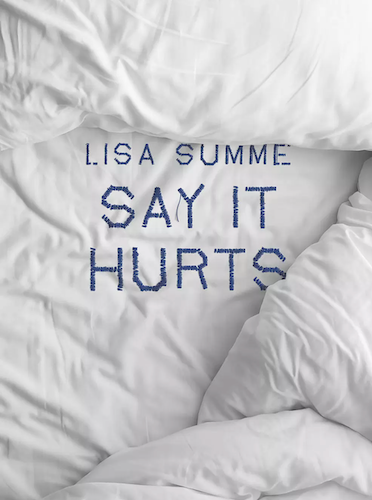
Say It Hurts by Lisa Summe
I lived vicariously through the coming-out poems in Lisa Summe’s stunning debut. From sleepovers to selfies, breakups to buzzcuts, Summe’s lines are bold, intimate, and deliciously readable. “We knew what lesbians were only in the context of high school/ social hierarchy & Catholicism,” she says early on, making it more marvelous when the poems soar out of secrecy and validate queer love. Lyric poetry is a vehicle for self-discovery in Say It Hurts. Summe captures how her own experience of worship became “tangible”: “It was soft/ & easy. It became bodies./ There is something reverent/ about being on your knees & so I will/ always pull a girl closer to my face/ by her thighs.”
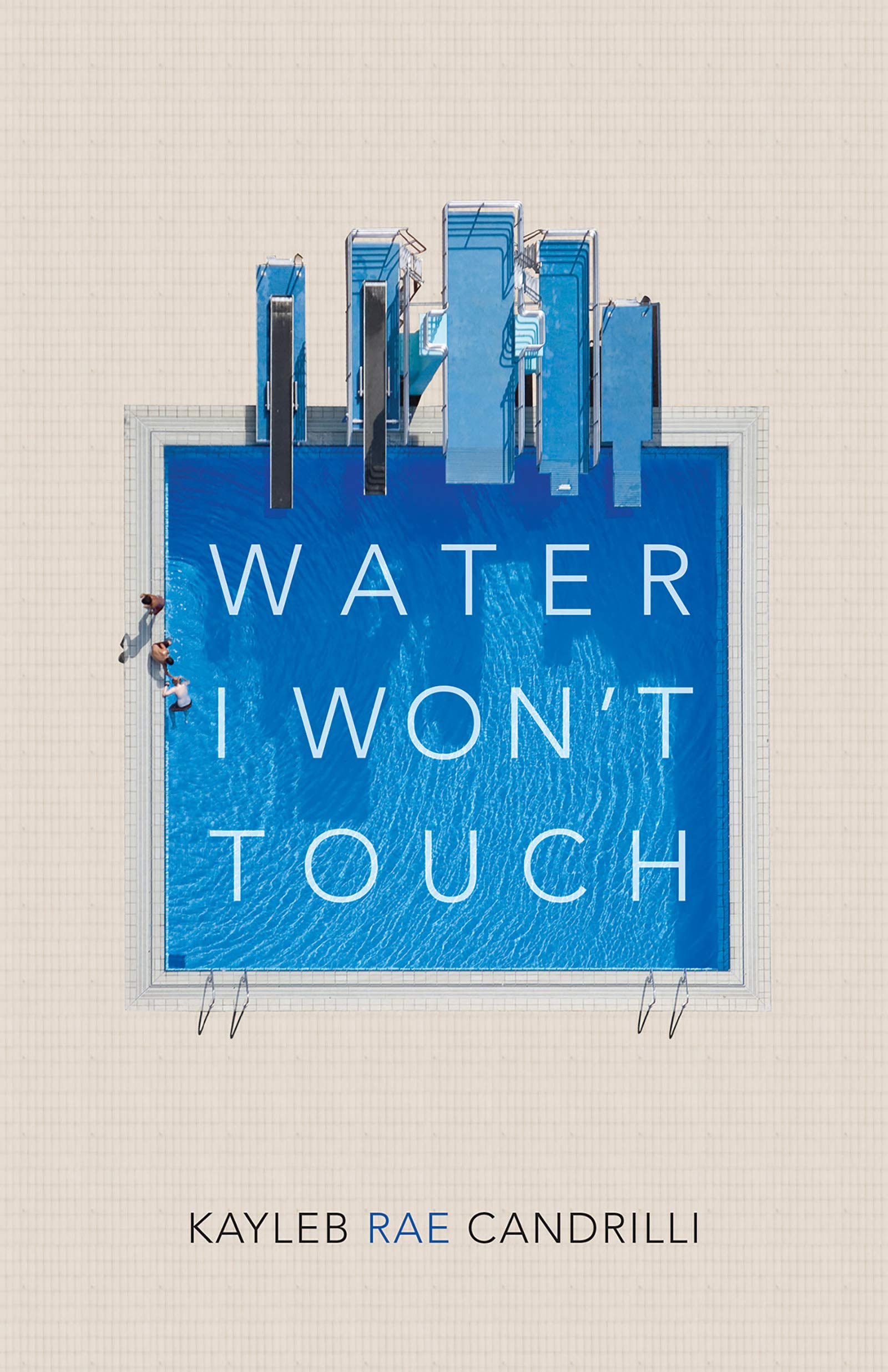
Water I Won’t Touch by Kayleb Rae Candrilli
Candrilli’s new collection is a tender book, told in vivid, plainspoken language. Their poems sing of queer love, the pain of family addiction, the vitality of trans people, and the earth’s brokenness—while making space for joy. I read it breathlessly in one sitting, then read it again, imagining a better world through language. Candrilli asks questions, crafts sestinas and sonnets, and gets right up close to the body after top surgery, offering a vision of resilience and self-blessing. The book resonates with a longing for home, an awareness of the violence inflicted by humans—on each other, on the planet. In the face of loss, Candrilli insists on survival: “Watch me/ build a life and feel fed.”
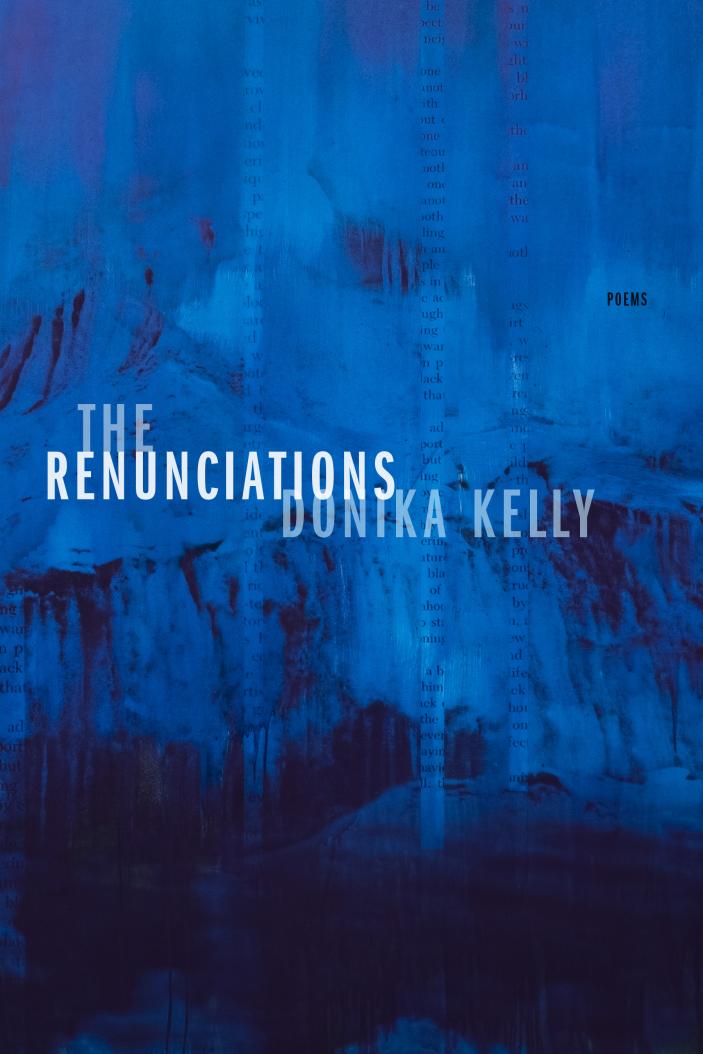
The Renunciations by Donika Kelly
I was riveted by the mythological reinventions in Kelly’s debut, Bestiary, but her forthcoming second collection delves deeper into themes of survival and transformation. “The home I’ve been making inside myself started/ with a razing…” writes Kelly in searing poems that reckon with child abuse and racial violence, the haunting of generational trauma, the end of a marriage. Formally adept, she crafts memory into couplets, sonnets and erasures, creating space on the page for us to experience woundings remade through language. Kelly’s gift is lyric precision, the spare, emotional image: “The trees were all women once/ fleeing a god whetted with lust/ until their fathers changed them…” Her personal mythologies build resilience and claim power.

How to Cure a Ghost by Fariha Róisín
Fariha Róisín’s poetry debut is dedicated to survivors. “You are not alone,” writes Róisín, a queer, femme, Muslim multi-disciplinary artist who has also penned a critically-acclaimed novel. I wish I could have read this book after being sexually assaulted at age 18, after having an abortion the following year. Róisín’s radiant poems are interspersed with illustrations in hues of blue and purple (a collaboration with artist Monica Ramos), conjuring a mood of introspection and healing. “it’s ok to be messy, i tell myself, impatient,” she says, writing through and against shame, invisibility, and trauma, finding renewal and self-love: “the process is about letting yourself in.”
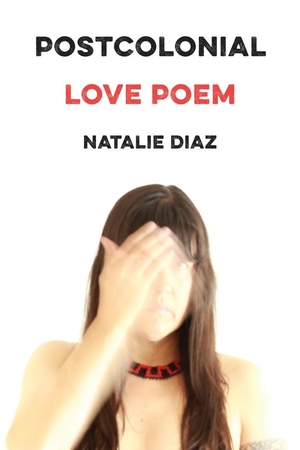
Postcolonial Love Poem by Natalie Diaz
The most erotic love poetry I’ve encountered, hands down. The Mojave poet’s remarkable second collection was a National Book Award finalist, and Diaz received a MacArthur genius fellowship for her work. Her poems sing of desire and the body, awakening a connection to the earth, ancestors, water and land. Her language embodies stories and histories, queer love and environmental destruction, revealing the myths and violence of American colonialism while affirming the power of longing and dreams. She writes of nights “wandering the desire field,” of “the witched hours of want.” Wounds become gardens where pleasure can bloom: “… we harvest the luxed Bosque/ de Caderas, reap the darkful fruit mulling our mouths,/ separate sweet from thorn.”
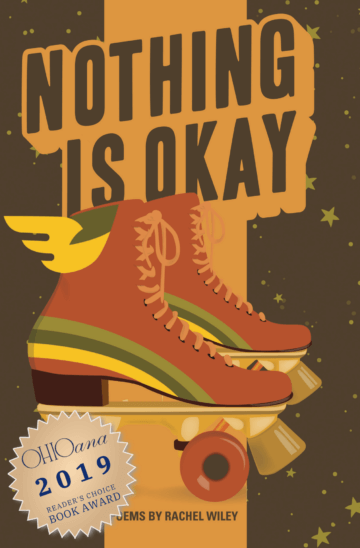
Nothing Is Okay by Rachel Wiley
Rachel Wiley burns up the page in her fierce second book. In poems of self-exploration and feminist wit, Wiley writes her desire unapologetically, claiming space as a femme and a “Queer, Fat, Mixed Girl.” She wields her keen humor in “Fat Joke” and a clever sequence of “How to Eat Your Feelings” poems. In “Notes on Depression,” she writes: “I have clawed my way to okay and it will/ just have to do for now”—a mantra for my teen self and anyone of any age suffering from mood disorders. This book is a potent mix of grief and rage, playfulness and longing, charting the battle for self-love while refusing silence and self-loathing.
The post 7 Queer Poetry Books I Wish I Could Give to My Teenage Self appeared first on Electric Literature.
Source : 7 Queer Poetry Books I Wish I Could Give to My Teenage Self




